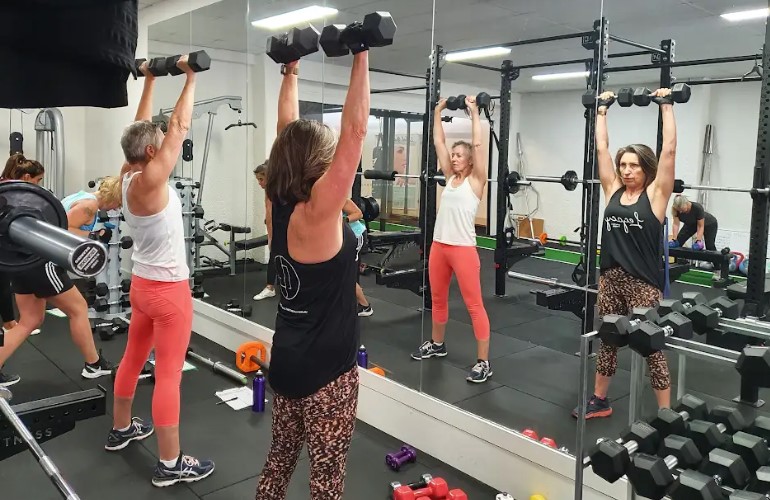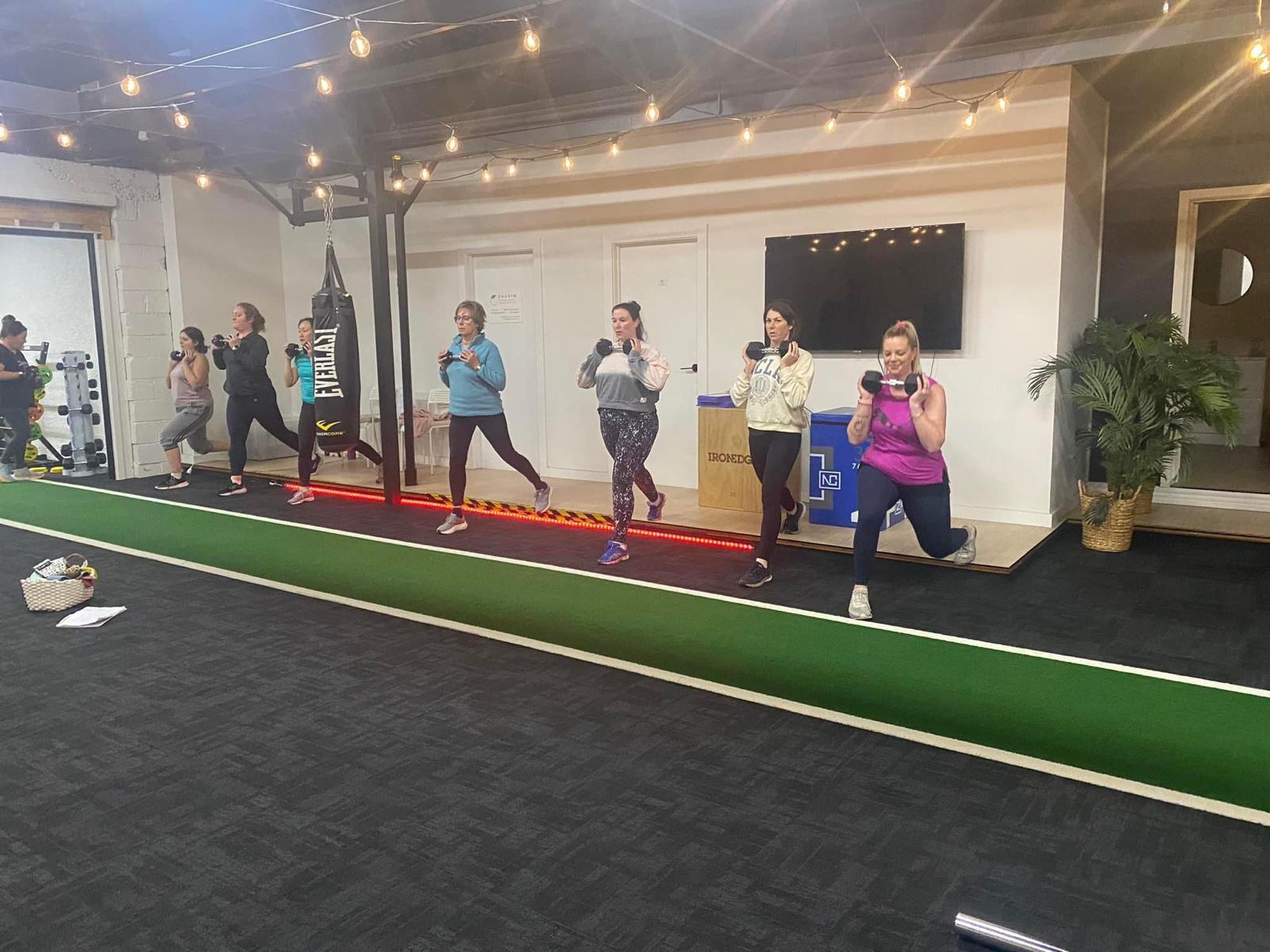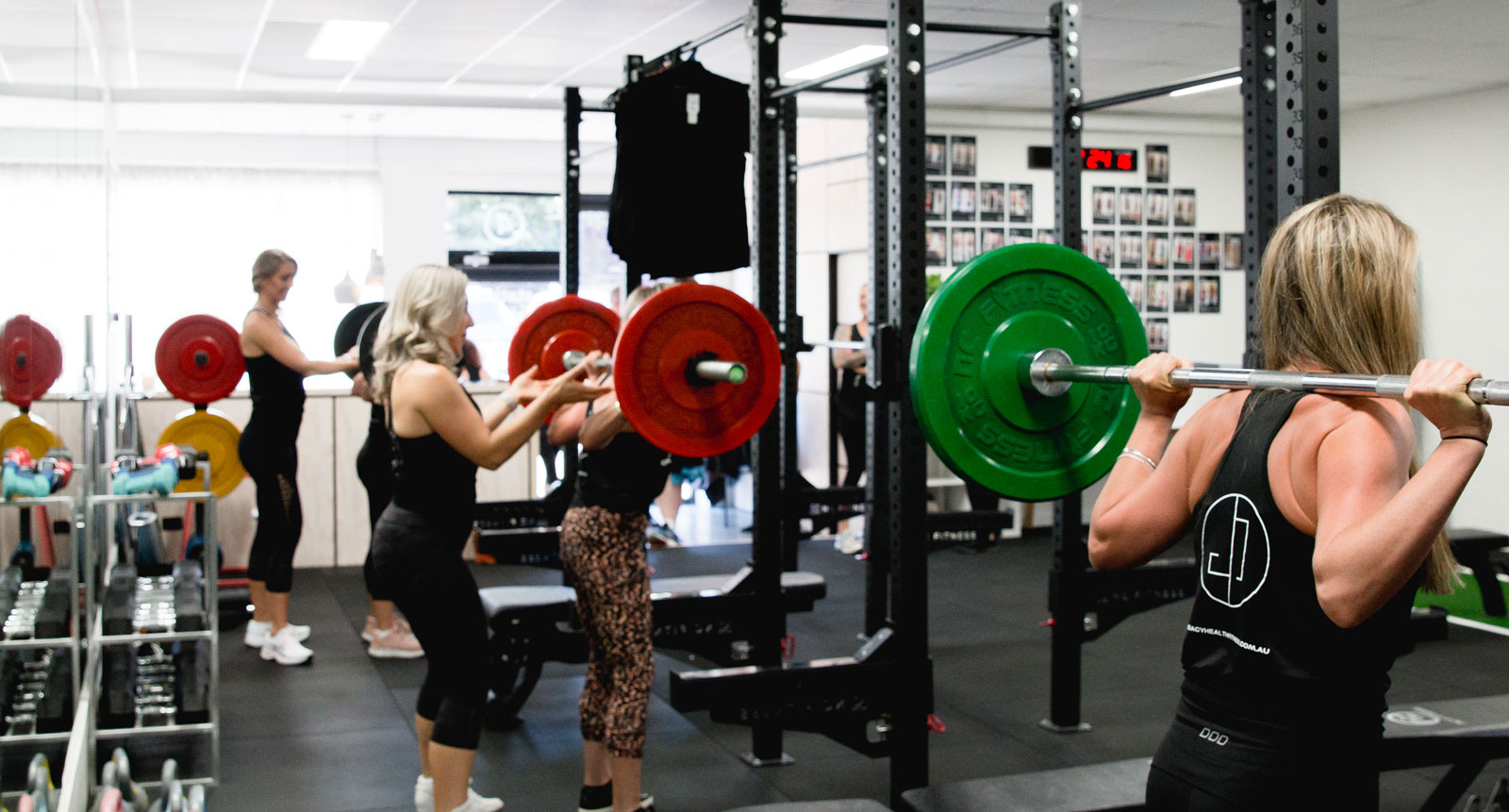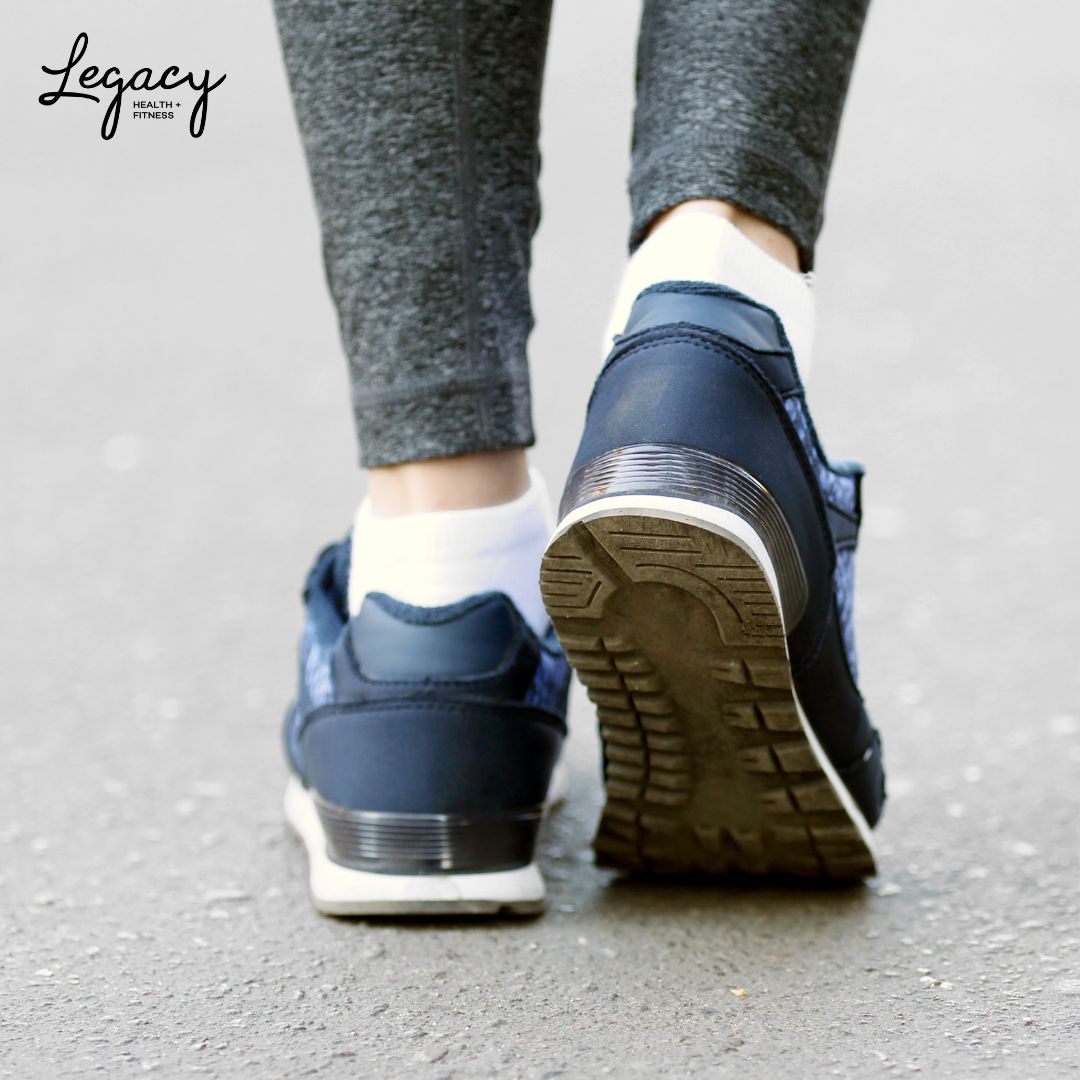Let’s dive in…
Is It Good For You To LifT Weights in the Cold?
The most practical way the cold can affect your workout is if you haven’t dressed appropriately. You still need to train safely, and if you’re wearing shorts and a vest and it’s 5 degrees out, then your body will be less efficient. When you’re very cold, your body moves your blood away from your extremities towards your core to protect your organs. This can make your muscles and joints stiffer.
So, warm-ups and dressing appropriately can significantly impact the performance of your workout and keep you safe.
Do You Burn More Fat in the Cold?
Not really. If you do, it’s a tiny amount. Your body must work harder to regulate your body temperature, but that’s it.
And, if you’re not working hard because you’re too cold (like the last question), you’re negating any potential benefit anyway. Fat loss and muscle building are more effective with consistency and hard work.
Is It Good To Exercise In Winter?
Yes! And this is where we want to delve into some detail because working out in winter is an essential part of your schedule.
The nights are longer, the days shorter. You leave your house, and you can see your breath, and some days, getting up and going can feel like a bit more of a slog. We understand that, and we are not immune from winter sluggishness either. But maintaining that motivation and pushing through the winter is essential to progressing towards your goals faster. Our bodies need movement all year round!
Can I take a Break from Exercise in Winter?
Technically, yes. But we strongly advise against it. If you have goals for your health, physique, and abilities by the summer, then the winter period is part of that process.

Don’t Forget the short-term benefits of exercise
After just 1 workout, we tend to see improvements in sleep quality and a reduction in anxiety and depression.
So, even just one gym class, one run, one cardio activity, one weight training session, can help boost your mood and potentially improve your mental health. Meaning, exercise can assist in pulling us out of the winter doldrums.
But it’s Dark in the Mornings, I Don’t want to Exercise in the Dark
We hear you–that sounds bleak. The best option, if you can’t exercise later in the day due to work or family commitments, is to find an indoor gym that offers training sessions to suit your schedule.
At our womens gym in Ringwood, we run classes at a variety of times, including some starting at 5:30 am, as well as 5.30 pm and 6.30 pm evening options to work around our busy clients. Saturday classes are also available. You can checkout our timetable here.

What Happens if I Don’t Exercise in Winter?
It’s not a pleasant list, but here’s what can happen:
- A downturn in the progress you’ve made or inhibiting growth. Your cardiovascular fitness and muscle strength will decrease, your endurance will decline, and exhaustion and fatigue during periods of future exercise will increase. Basically, everything will get harder again, and you’ll get slower.
- Weight gain. Dum dum duuuuuum. We tend to eat more comfort food in winter–who says no to a big roast dinner? Plus, without the regular stimulus of exercise, your muscles will begin to atrophy, reducing your metabolic capacity and making storing excess energy as body fat easier. By continuing to challenge your muscles with resistance exercises, you can offset this muscle atrophy and keep your body feeling strong and energetic in the lead-up to spring.
- Without the regular stimulus of exercise, your muscles will begin to atrophy, reducing your metabolic capacity and making storing excess energy as body fat easier. By continuing to challenge your muscles with resistance exercises, you can offset this muscle atrophy and keep your body feeling strong and energetic in the lead-up to spring.
- Stiffness and discomfort can increase. Regular exercise helps keep joints limber; without it, you might notice an increase in stiff joints and achiness, particularly in cold months.
- A weaker immune system – because regular exercise boosts your immunity by enhancing circulation, promoting better sleep, and supporting the immune system’s ability to detect and fight infections.
- Decline in mental health. Stopping exercise can negatively impact mental health by increasing stress levels, reducing mood-boosting endorphins, and potentially leading to feelings of anxiety and depression.

How We Adapt Our Programs For Winter
We encourage our members to push through the winter. Many of our clients have goals, including weight loss and feeling confident in the summer months. Any breaks or setbacks during the winter will impact summer-related goals. So, there’s no slowing down just because it’s cold and dark.
For our 12-week Body Transformation challenge, our participants follow a nutrition and exercise program to achieve their desired goals. To provide extra motivation and accountability during the colder months, we extend the program to 24 weeks, giving our members a project to focus on. This helps ensure they stay committed, get out of bed, make nourishing meals and make it to the gym, so they can step into the warmer months feeling vibrant and ready to rock! You can learn more about our 12 or 24 week Challenge here:
Our Top Ten Tips for Making Working Out Easier in Winter
- Non-negotiable: schedule your workouts into your diary every sunday and keep your appointments with yourself like you would your hairdresser!
- Habit stack: pair your exercise routine with a habit you already do, like scheduling your gym class right after school drop off or your morning coffee.
- Make it fun: Join a community-based facility where you can have a laugh while you exercise.
- Power of a playlist: create a playlist of motivational speeches or songs that get you fired up
- Coffee on the go: swap out your coffee shop catch-ups for walk-and-talk sessions
- Wear Proper Gear: Invest in warm, moisture-wicking clothing to stay warm and comfortable.
- Train Indoors: Utilise indoor facilities like gyms or home workout spaces to avoid the cold.
- Set a Reward System: Treat yourself to small rewards for meeting your exercise goals.
- Mix It Up: Try different types of exercises to keep things interesting and avoid monotony.
- Set Specific Goals: Define clear, achievable goals to stay motivated and track your progress. Consider joining a 12-week challenge to keep you inspired and accountable.





